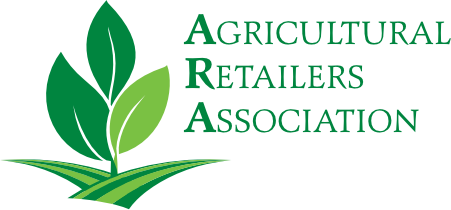Sustainable Grain Cultivates New Opportunities for Retailers
Oct 24 2023
Conversations around sustainable ag are increasing, and not just among those in the ag industry: Food companies are also paying attention to the sustainability of grain production. It’s an emerging market that agribusinesses can take advantage of with the help of a new marketing tool that offers comprehensive sustainability insights.
Food Companies Need Sustainably Grown Grain
Nearly three-quarters of respondents in a recent DTN® agribusiness survey agreed or strongly agreed that focusing on sustainability is key to the future of the U.S. ag industry. Sustainable farming practices ensure that agricultural resources, land and profits are available for future generations. But interest in sustainable grain production further up the supply chain is also creating new business opportunities for agribusinesses and their customers.
Food companies are moving toward sustainability goals that reduce carbon emissions created by their value chain, including the emissions released during the production of grain (e.g., by planting, fertilizing, harvesting, using crop protection products). Reducing supply chain emissions helps companies meet their environmental targets, like net-zero greenhouse gas emissions, as well as respond to consumers who are demanding more sustainably produced food products. Because of this, the sustainable grain market is expected to follow an upward trend as companies continue to source increasing amounts of sustainably grown grain.
What Makes Grain “Sustainable”?
There are suggestions of a regulated market for sustainable ingredients in the future, but for now, food companies have their own definitions of what makes an ingredient “sustainable.” Growers have been using practices that fit many definitions of sustainability for decades. For example, no-till or conservation tilling, cover crops, strategic irrigation, precision ag and using inputs that have a low environmental impact could all be considered sustainable practices. The difference now is that, depending on the buyer, growers may need to use additional practices to meet that buyer’s requirements of what makes grain “sustainable.”
Finding Opportunities in Sustainable Ag Just Got Easier
You can help your customers access this emerging market by offering products and services that emit fewer greenhouse gases than conventional methods. But not every grower may be interested in this new market opportunity, so how do you efficiently find those who are? With EcoField™ data.
EcoField data helps you identify and engage with growers who are already incorporating sustainability-related practices and have the opportunity to do more. There’s no need to wade through irrelevant data; you can customize the search to farming practices and grower data that best match the sustainable ag solutions you offer. EcoField data helps you better serve your current customers, as well as attract new prospects, by easily identifying who they are, what they’re growing, which farming practices they’re using and how to connect with them.
EcoField data is a valuable tool to efficiently market the products and services that lower the carbon emissions of grain production and help your customers access opportunities for their sustainably produced grain. To learn more about how EcoField data can help you segment audiences better and develop more custom and impactful messaging, visit dtn.com/ecofield-data.
